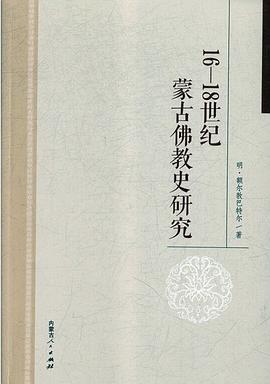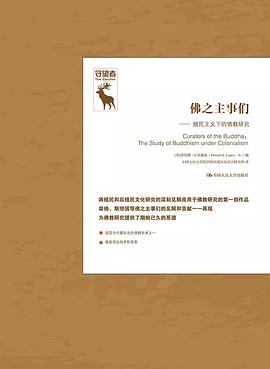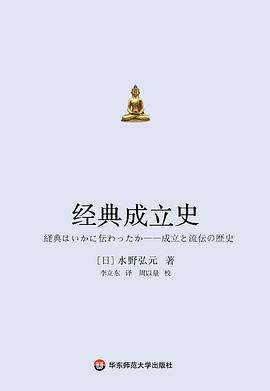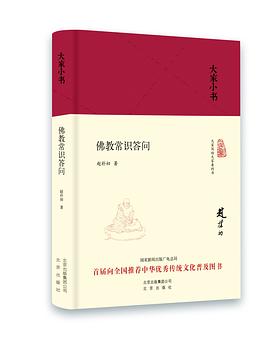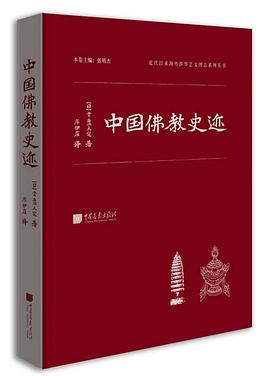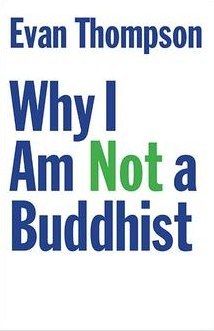

具體描述
Evan Thompson is professor of philosophy at the University of British Columbia and a fellow of the Royal Society of Canada. He is the author of Waking, Dreaming, Being: Self and Consciousness in Neuroscience, Meditation, and Philosophy, among other books.
Buddhism has become a uniquely favored religion in our modern age. A burgeoning number of books extol the scientifically proven benefits of meditation and mindfulness for everything ranging from business to romance. There are conferences, courses, and celebrities promoting the notion that Buddhism is spirituality for the rational; compatible with cutting-edge science; indeed, “a science of the mind.” In this provocative book, Evan Thompson argues that this representation of Buddhism is false.
In lucid and entertaining prose, Thompson dives deep into both Western and Buddhist philosophy to explain how the goals of science and religion are fundamentally different. Efforts to seek their unification are wrongheaded and promote mistaken ideas of both. He suggests cosmopolitanism instead, a worldview with deep roots in both Eastern and Western traditions. Smart, sympathetic, and intellectually ambitious, this book is a must-read for anyone interested in Buddhism’s place in our world today.
用戶評價
##對佛教現代主義的有力迴應,邏輯清晰,論據充分,最後以世界主義作結,感覺隻是個開端,畢竟我們對意識理解得太有限瞭。
評分##WRONG STORY COSMOPOLITANISM BUDDHIST EXCEPTIONALISM 看齣問題瞭沒?這人認為所有文化全都平等,因為佛教似乎在嘲笑他的愚癡,然後他不服,不能有任何文化超過他的“科學”,所有文化全都不能例外地作為他拿去讓這個現代文化更加豐富。但凡有點品味的人跟有禪定體驗的人都不會覺得這書有什麼價值的。Evan Thompson,一隻十足的idiot。 有那樣的父母和生活環境,不搞學術研究纔是不正常。70年代的美國,自由、混亂、充滿實驗性的市民生活和民間組織,五彩繽紛,太有趣瞭!所以說,人啊,還是要知命。一個人能做什麼,喜歡做什麼,大都是命裏帶來的。幸福不幸福,並不取決於信仰什麼,而是能否認清和接受自己的位...
評分##So I may be I should not call myself a Buddhist
評分 評分##As a layman in both philosophy and buddhism, I find some chapters difficult. But I like how the author lays out his arguments in "Is buddhism true?" and "mindfulness mania". I myself have been considering some of the issues for some time, but could never think them through like the author does.
評分 評分 評分相關圖書
本站所有內容均為互聯網搜尋引擎提供的公開搜索信息,本站不存儲任何數據與內容,任何內容與數據均與本站無關,如有需要請聯繫相關搜索引擎包括但不限於百度,google,bing,sogou 等
© 2025 book.qciss.net All Rights Reserved. 圖書大百科 版權所有










